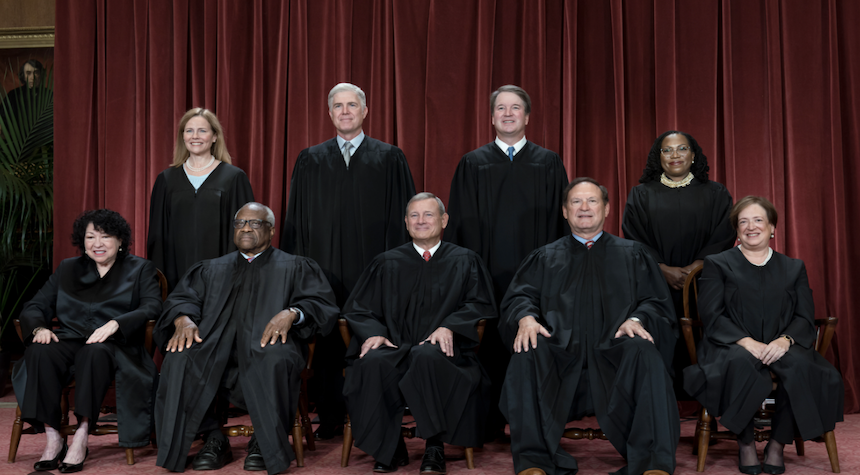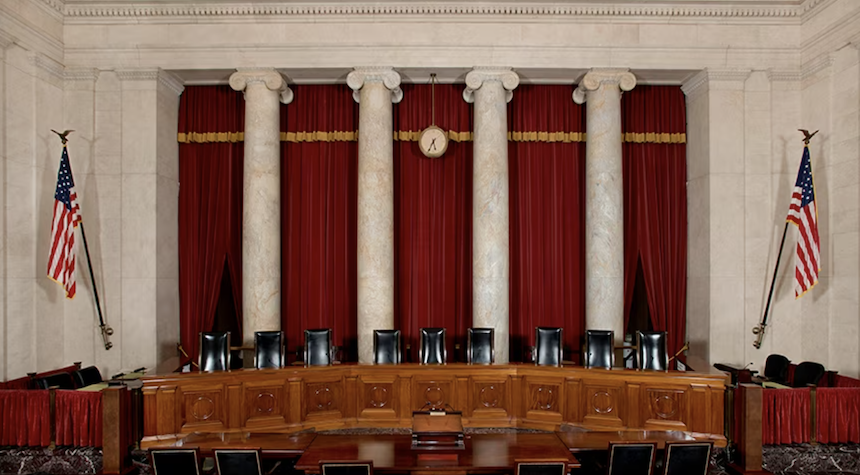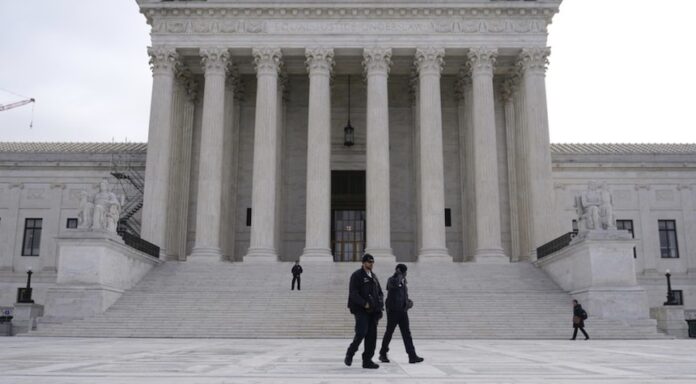The United States Supreme Court, in a landmark decision of 6-3, has declared that race-based admissions to two universities are a violation under the Equal Protection Clause.
The majority of the justices were conservatives led by Chief Justice John Roberts. Justice Sonya Sotomayor, joined by Justices Elena Kagan & Ketanji Brown Jackson, wrote the Harvard case dissent. Jackson, Sotomayor, and Kagan wrote the dissenting opinion in the University of North Carolina Case.

Roberts wrote in the majority opinion that the court “permitted race-based admissions within the confines of narrow restrictions.” The university programs must adhere to strict scrutiny. They may not use race as a stereotypical or negative and — at one point — they must stop.
He wrote that “however well-intentioned or implemented in good faith”, the admissions program at Harvard and UNC failed to meet each of these criteria.
SCOTUS holds that race-based college admissions policy violates equal protection.
6-3, by CJ Roberts. https://t.co/qzRnWx8ndK pic.twitter.com/dfXsJqVnIw
— Gabriel Malor (@gabrielmalor) June 29, 2023
The majority view:
After Brown, we started routinely affirming lower-court decisions invalidating all kinds of state actions based on race.
In the decades that followed, this Court continued to vindicate the Constitution’s pledge of racial equality. Laws dividing parks and golf courses; neighborhoods and businesses; buses and trains; schools and juries were undone, all by a transformative promise “stemming from our American ideal of fairness”: “‘the Constitution . . . forbids . . . discrimination by the General Government, or by the States, against any citizen because of his race.’”

The majority opinion concluded by saying “Nothing contained in this opinion should be taken to mean that universities cannot consider an applicant’s discussion about how race has affected his or her life, whether through discrimination or inspiration.”
Roberts and most of the people in the country believe that race is a valuable part of a person’s background but should not be used as a barrier to college admission.
Roberts concluded that “Despite the assertions to the contrary by the dissent, universities cannot simply establish the regime which we consider illegal today through application essays and other means.”
This is a developing story and we will provide more information as soon as it becomes available.


